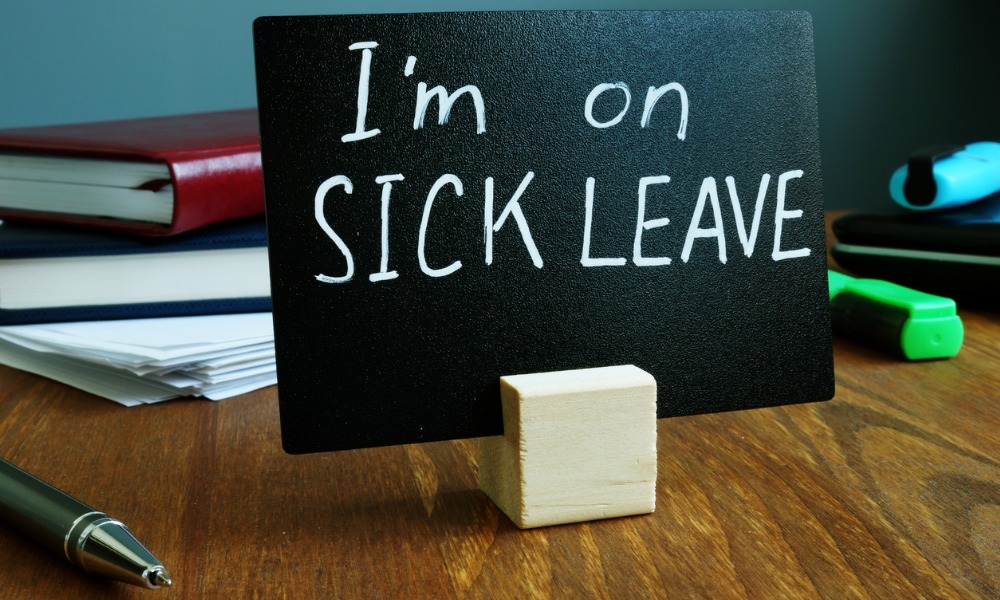
Report shows many Canadians take sick day after Thanksgiving weekend

Over the past three years, sick leave in Canada has consistently increased by 77% to 89% against the daily average for the day after Thanksgiving.
“Last year, sick leave surged by 89% the day after Thanksgiving, leaving many employers stuck with a skeleton crew and scrambling to amend their schedules in time to meet demand,” says Alan Price, CEO at BrightHR, which did the report
In addition, vacation bookings for today are 18% higher than average vacation day filings on Tuesday last week.
“Thanksgiving celebrations often lead to people calling in sick or requesting last-minute vacation days the day after,” says Price. “The festivities, combined with travel and family gatherings, can leave employees feeling exhausted and in need of an extra day to recover.”
In 2022, nearly six in 10 (57%) Canadian employees said they were vacation deprived, up slightly from the previous year (55%), according to a report from Expedia.
In 2023, 2022, and 2021, vacation bookings increased by 14%, 27% and 57% against daily averages respectively, found BrightHR’s absence management software, which monitors employees at over 7,000 companies in Canada.
Here’s how to use vacation entitlements effectively, according to an expert.
Price notes that time off work “is crucial for maintaining a healthy workforce and preventing burnout”.
“However, during peak periods – especially in sectors like retail, tourism, hospitality, and healthcare – it may not be feasible to approve all vacation requests. When multiple staff members request time off simultaneously, employers face the risk of being understaffed,” he says.
it is, therefore, essential to have “a clear vacation policy that outlines the process for submitting requests and the criteria for approval,” he says.
Offering employees the benefit of unlimited vacation time has proven to boost the feeling of belonging at work, according to a previous survey from the Achievers Workforce Institute.